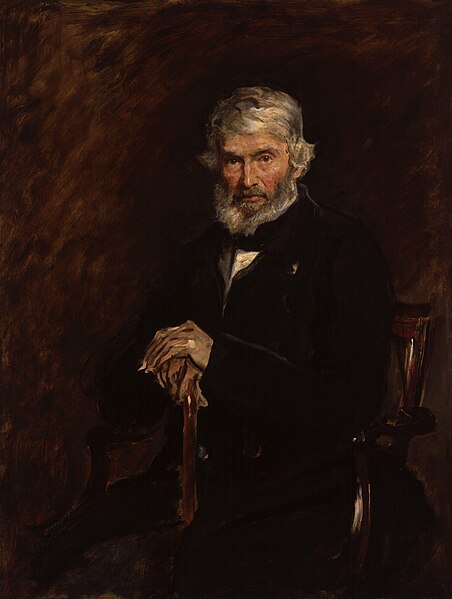And now we come to a subtler insight. The value
society instills into its young to make them seek out and conquer adversity
must be balanced with a second value that will cause the energy put into
seeking challenges to be focused so the individual can deal with those challenges
efficiently. There is nothing to be gained by teaching young people blind
aggression; it will only run amok in its own society and sometimes other societies.
Eager, but directionless, young people end up hurting themselves in car
crashes, daredevil stunts, and street fights, while accomplishing little or nothing
in useful, material terms.
The courage-tempering value is usually called wisdom, but intelligence and judgment
are also terms for this same value. Wisdom has the effect of directing humans
to achieve objectives by behavior patterns that employ their energy efficiently.
It is seen clearly in the medieval code of chivalry and the samurai warriors’
code of bushido, both of which
contain instruction on how a man may be simultaneously brave and civilized.
Note that balance is implied all through my model.
Balance is an ideal in all cultures, but even more so in the Far East than it
is in the cultures of the West. In ancient Greece, Aristotle told his followers
to seek moderation. For example, balance between foolhardiness and cowardice is
what makes courage, in his view. And stinginess must be balanced with extravagancy
if we are to reach a prudent way of handling money, and so on for a whole list
of virtues.
In the religions of the East, like Taoism and
Buddhism, the whole picture our minds make of reality as if it were made of separate,
opposite traits is the illusion. For Buddha and Lao Tse, reality is an unbroken
whole with no seams. Our minds think they see separate entities like good and
evil, life and death, past and future, rich and poor, but in reality, there are
no such things. We get free of our suffering on the day we let all our
categories go and become one with everything. Then, even the most tedious forms of work can be done with dignity if they are done with mindfulness of their place in the whole of things.

Achilles and Chiron (wall mural in
Herculaneum, Italy) (credit: Wikimedia Commons)
Not surprisingly, there are echoes of this balancing
of courage and wisdom embedded in mythology. These were the life-guides for early peoples.
The Greek heroes Jason, Achilles, Perseus, Theseus, and Aeneas all needed
Chiron, the wise, kind, moderate teacher. Among the early Britons, Arthur
needed Merlin. In modern myth, Luke Skywalker needed Yoda, Dorothy, Glinda, and
Katniss, Haymitch. Courage tempered with wisdom.

Thomas
Carlyle (artist, J.E. Millais) (credit: Wikimedia Commons)
The most familiar moral value that is a hybrid of
courage and wisdom is what we call work.
Diligence and conscientiousness are two of its other names, as most of us are
wearily aware. But the dreary, tedious, clichéd feel of this values cluster
should not discourage us. Clichés, like this one about the nobleness of work,
become clichés because they express something that is universally true.
“I'm a greater believer
in luck, and I find the harder I work the more I have of it.” (Thomas
Jefferson) “Genius is 1% inspiration and 99% perspiration.” (Edison)
Courage is good. Wisdom is good. We learn as children that if we want to achieve
great things we have to practice both courage and wisdom, which means work hard.
Thomas Carlyle distilled the idea well:
For there is a perennial nobleness, and
even sacredness, in Work. Were he never so benighted, forgetful of his high
calling, there is always hope in a man that actually and earnestly works: in
Idleness alone is there perpetual despair. Work, never so Mammonish, mean, is
in communication with Nature; the real desire to get Work done will itself lead
one more and more to truth, to Nature’s appointments and regulations, which are
truth.3
No comments:
Post a Comment
What are your thoughts now? Comment and I will reply. I promise.